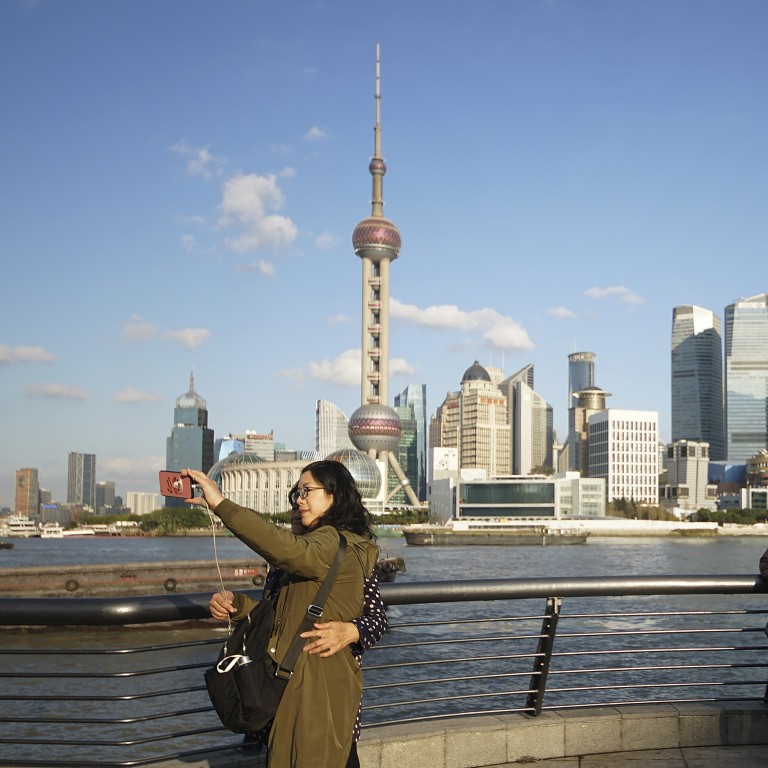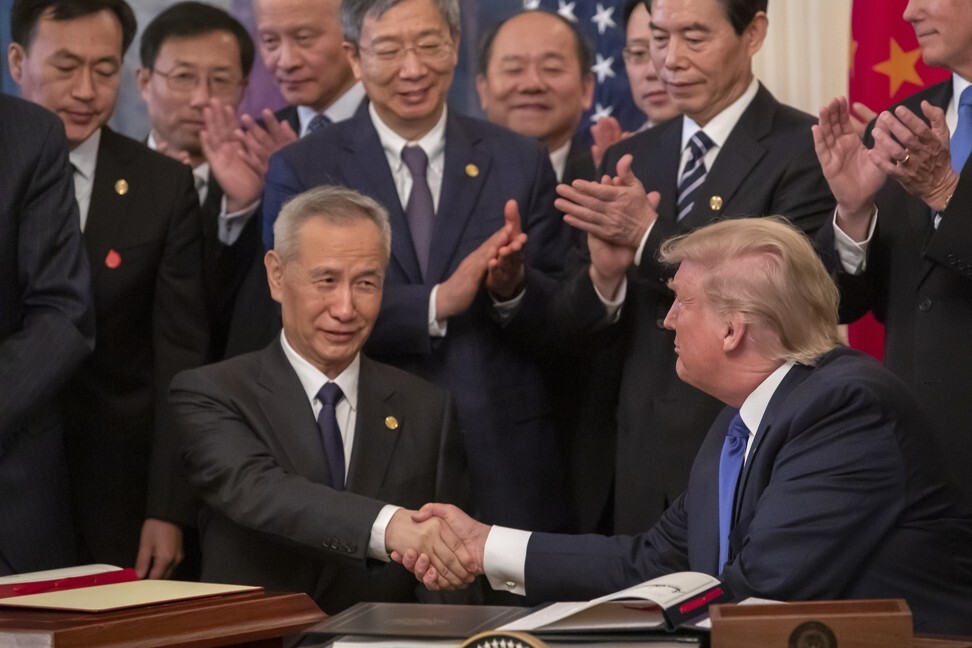
US companies upbeat about future in China as they shake off Covid-19 effects, tension: AmCham survey
- China’s stringent travel restrictions, however, is making it difficult to attract and retain foreign talent, AmCham Shanghai survey finds
- China must strive to create stable business environment to attract US businesses and investment, says Ker Gibbs, AmCham Shanghai president
The study conducted by the American Chamber of Commerce in Shanghai (AmCham) also found that the existing travel restrictions by Beijing have made it difficult for US companies to attract and retain foreign talent.
“Businesses in China recovered quickly from last year’s lockdown. However, we are still feeling the pandemic’s effects, with members continuing to be negatively impacted by China’s travel restrictions,” Ker Gibbs, president of AmCham Shanghai, said on Thursday. “Overall business performance is good but there are signs of nervousness.”
He added that with the regulatory environment on both sides tightening, the space for American companies to operate was narrowing.

The business lobby group said that 77.1 per cent of the 338 respondents in the annual survey reported profits in 2020, in line with previous years. More than 82.2 per cent of AmCham’s members expect to revenues to grow this year, it added.
Over 53 per cent of the respondents complained that China’s travel restrictions arising from the coronavirus outbreak prevented them from drawing and retaining foreign talent.
Disagreements between Beijing and Washington on trade and tariff issues have been weighing on American companies operating in China since 2019, and the Covid-19 pandemic related lockdown and restrictive measures exacerbated a bearish sentiment about business outlook in China.
But the survey found that nearly 70 per cent of respondents forecast revenue growth in China would outpace their worldwide businesses over the next three to five years.
“To continue attracting US businesses and investment, China must endeavour to create a stable business environment,” Gibbs said.
AmCham Shanghai cited weak intellectual property enforcement as an example, which constrains research and development of US companies.
China’s manufacturing might and complete supply chain remained attractive to US companies as 72 per cent of respondents said they had no plan to move any production out of the mainland.

During the meeting with AmCham Shanghai’s chairman Jeff Lehman, president Gibbs, and representatives from major companies including General Motors, Ford, Disney, Delta, United Airlines and UPS, the vice-minister said US businesses were stakeholders in cooperation between China and the US.
China is expected to fall short by more than 30 per cent on the amount of US goods it promised to buy during 2021, after missing the target by more than 40 per cent in 2020, according to Chad Bown, an economist at the Peterson Institute for International Economics, a US think tank.
Last week, Qin Gang, Beijing’s new envoy to the US urged Washington to create favourable conditions for implementing the phase one trade deal signed in January 2020, assuring American businesses they were welcome in the Chinese market.

